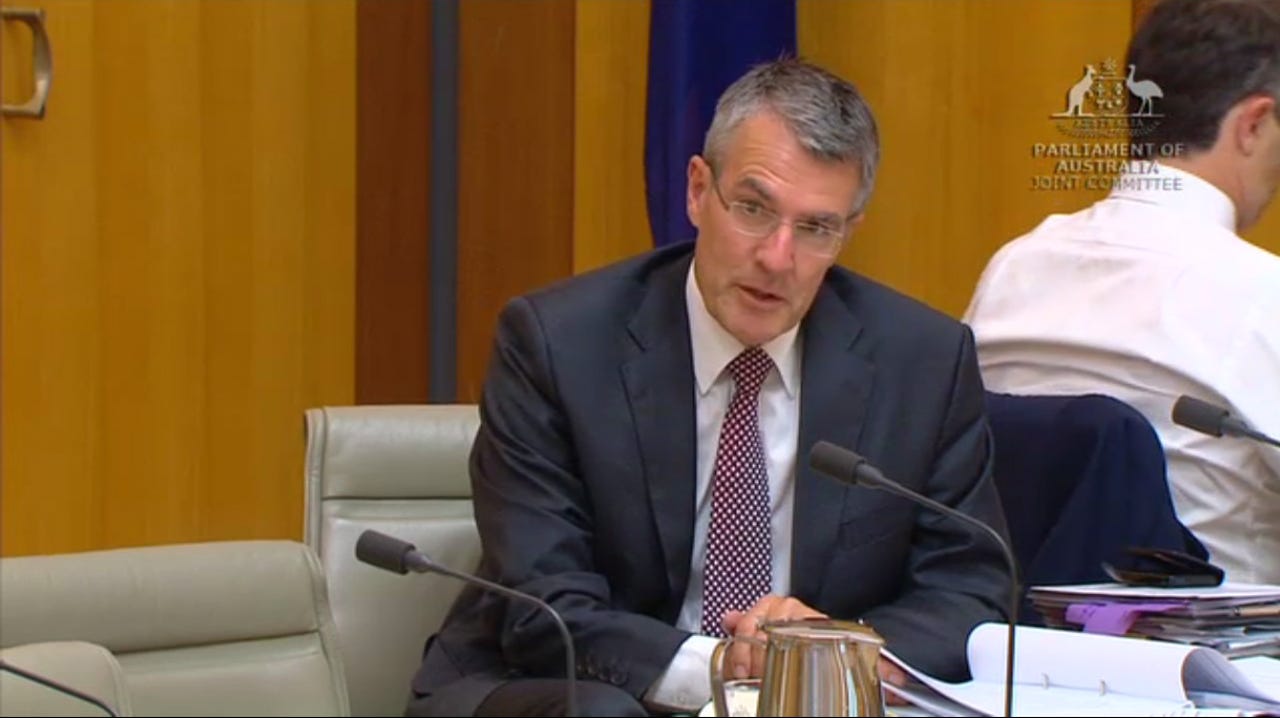Amendments to Australia's encryption laws stranded before election

Eventually, one would think that the Australian Labor Party would grow tired of being owned over and over again by the nation's conservative parties, but here we are in what will extremely likely be the final week of the 45th Parliament, and once again the ALP has been outmanoeuvred by the Coalition.
At every step in the process to rush the Telecommunications and Other Legislation Amendment (Assistance and Access) Act into being, Labor has been played like a harp from hell.
A coup de grâce for the party, at least, was the admission by shadow Attorney-General Mark Dreyfus that the amendments Labor had pinned its hopes on, when it capitulated in December, were going to stall in Parliament.
"Labor tried to begin that work during this term of Parliament by introducing amendments in the Senate on the 14th of February 2019," Dreyfus said. "A majority of the Senate voted for those amendments but the government, which still maintains that this rushed legislation is perfect, has shut down debate on those amendments, and so, regrettably, we will not be able to pass them before the election."
A mere three recommendations that included calling for more reviews and the proper resourcing of the oversight bodies -- Inspector-General of Intelligence and Security, Commonwealth Ombudsman, and Independent National Security Legislation Monitor -- for Australia's encryption laws were issued by the Parliamentary Joint Committee on Intelligence and Security (PJCIS) in a report delivered on Wednesday evening.
To add to the review by the Independent National Security Legislation Monitor, as well as the statutory review that PJCIS is due to complete into the encryption and data retention laws, which Labor also helped vote into existence, Dreyfus said a Shorten Labor government would create an inquiry into the economical impact of the laws.
"Following that assessment, a Labor government would work to move any amendments that are required to reduce unnecessary impacts on Australian businesses," Dreyfus said.
Dreyfus also said Labor would pursue its now stranded amendments in government, as well as require authorisation from a judicial officer in order to issue Technical Assistance Notices or a Technical Capability Notices.
In February, Dreyfus said the government's amendments that were agreed to and passed by Labor in December were inadequate.
"It is not tenable to argue, as the government continues to argue, that its amendments largely implemented the committee's 17 recommendations. No reasonable person accepts that," Dreyfus said.
"This fiasco of lawmaking is what a job well done looks like to this chaotic government."
That fiasco will continue to be the law of the land in Australia, and depending on the result of the upcoming election, could remain so for some time.
The dosage could be repeated before Parliament rises, as Labor is reportedly set to wave through the latest round of rushed legislation from government that could potentially see social media executives jailed if their platforms are used to stream violent criminal acts.
In lieu of finding its spine, as it momentarily threatened to have done for a few brief hours last year, Labor at least didn't get wedged on national security as it attempts to plot a wedgeless path to the Lodge and power.
The local tech industry would do well to remember this process and how it was sold down the river, much like the data retention process before it, should a Labor government come a-knocking with promises to make everything better in the coming months.
Related Coverage
AFP concerned about approving state police usage of Australia's encryption laws
Concerns over a federal body overseeing the operations of state and territory authorities.
Australia's encryption laws will fall foul of differing definitions
A cryptographer's rebuttal to a GCHQ interception concept highlights how participants in the encryption-busting debate are talking past each other. What even is a "systemic weakness", anyway?
Australia's encryption laws are a cyber cane toad: Husic
Shadow Minister for the Digital Economy Ed Husic continues to state problems with the Bill his party rolled over on and passed.
Here we go again: PJCIS opens review of Australia's encryption laws
The Joint Committee will follow its rushed inspection of Australia's encryption laws with a rushed review of the amendments made on Parliament's last day of 2018.
Australian encryption laws sent off to Nat Sec Legislation Monitor for review
Independent National Security Legislation Monitor due to report back by March 1, 2020.
Australia's encryption laws are 'highly unlikely' to dragoon employees in secret
Relax, developers, the Assistance and Access Act is 'highly unlikely' to force employees to deceive their bosses by creating secret backdoors. Nor does it breach Europe's GDPR digital privacy laws.
What's actually in Australia's encryption laws? Everything you need to know
The controversial Assistance and Access Bill was 176 pages long, then 67 pages of amendments were rushed through in the final hours of debate. This is what we've ended up with.
